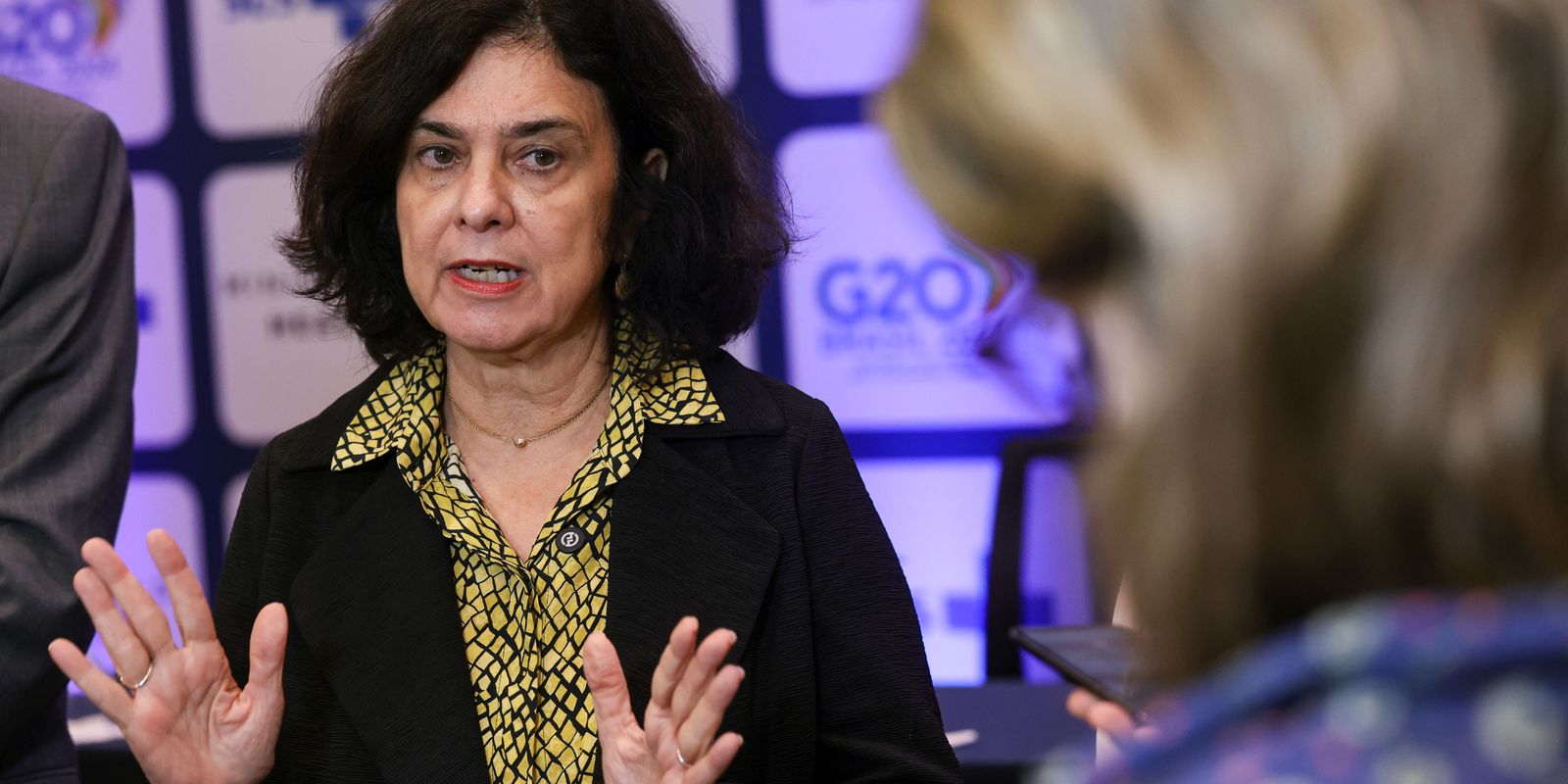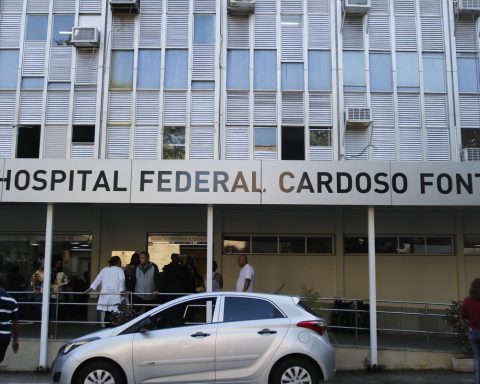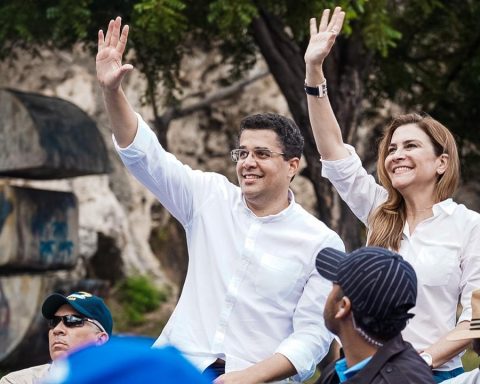The Minister of Health, Nísia Trindade, stated this Tuesday (29) that the federal government has been working to strengthen the National Transplant System. According to her, the case of six patients who received HIV-infected organs due to a failure in the virus detection test by a laboratory in Rio de Janeiro outraged everyone.
“We took joint action with the National Council of Justice to address a bottleneck in the system, which is organ donation by families. So we are on a path to strengthen the system and it is essential that something of this gravity is properly investigated, rigorously investigated and that society is informed, because we cannot lose trust under any circumstances in a system that is recognized worldwide”, said the minister, highlighting that the case is being investigated by the Civil and Federal police.
The minister also spoke about the technical cooperation agreement between the Ministry of Health and the Federal University of the State of Rio de Janeiro (UniRio) and the Brazilian Hospital Services Company (Ebserh), for the merger of the Hospital dos Servidores do Estado with the Gaffrée and Guinle University Hospital, from UniRio.
This will be the third of the six federal hospitals to leave the direct management of the Ministry of Health. Hospital do Andaraí came under the administration of the city of Rio de Janeiro and Hospital de Bonsucesso is being managed by the Conceição Hospital Groupa state-owned company linked to the ministry itself.
“The idea is precisely to enhance Hospital do Servidores, respecting the excellent clinics that exist there. Federal hospitals are serving the population, but very precariously, without fully using their capacity. And that’s what we’re going to change. So it is a job to be done with the best that is available today in these hospitals, but carrying out this process of recovery, restructuring, for the benefit of the population’s health”, said the minister.
Dengue
Regarding dengue fever, which tends to see an increase in cases in the summer, the minister stated that at this moment the government is focused on prevention, making the population aware to allocate 10 minutes of their day to look for outbreaks of the Aedes argypti mosquito, vector of the dengue virus. , and the use of insect control technologies, with the release of mosquitoes infected by the Wolbachia bacteria.
Next year, 9 million doses of the dengue vaccine are expected to be administered to children and adolescents aged 10 to 14 years. The Ministry of Health will also carry out a diagnosis to verify in which municipalities it will carry out vaccination campaigns. “We are still working with the Butantan Institute, awaiting the possibility of approval of a new vaccine to increase this supply [de imunizantes] and have a broader vaccination plan.”
At a meeting of G20 Health Ministers in Rio de Janeiro, Nísia stated that dengue has become a global challenge with climate change and that today the disease already affects most countries.















